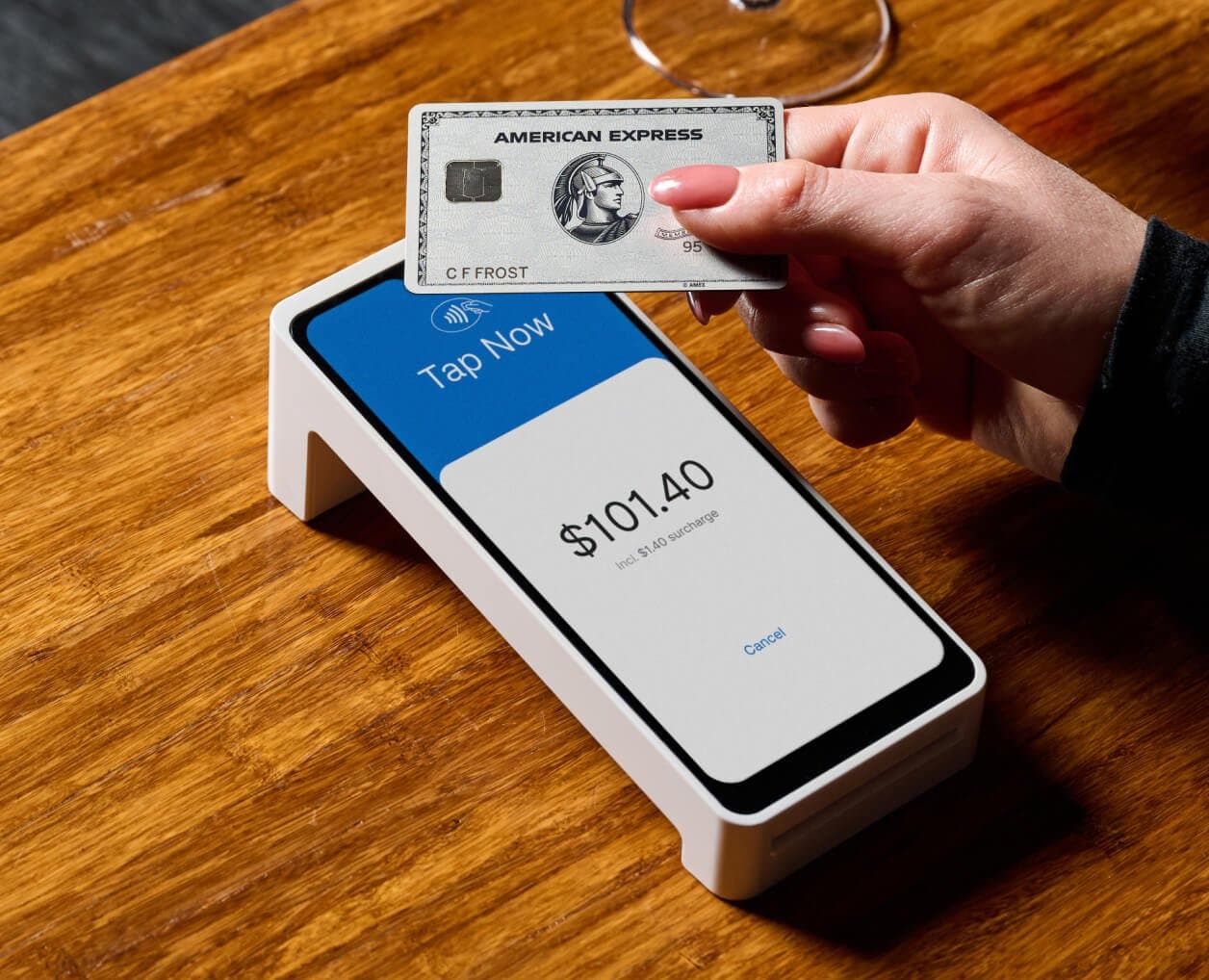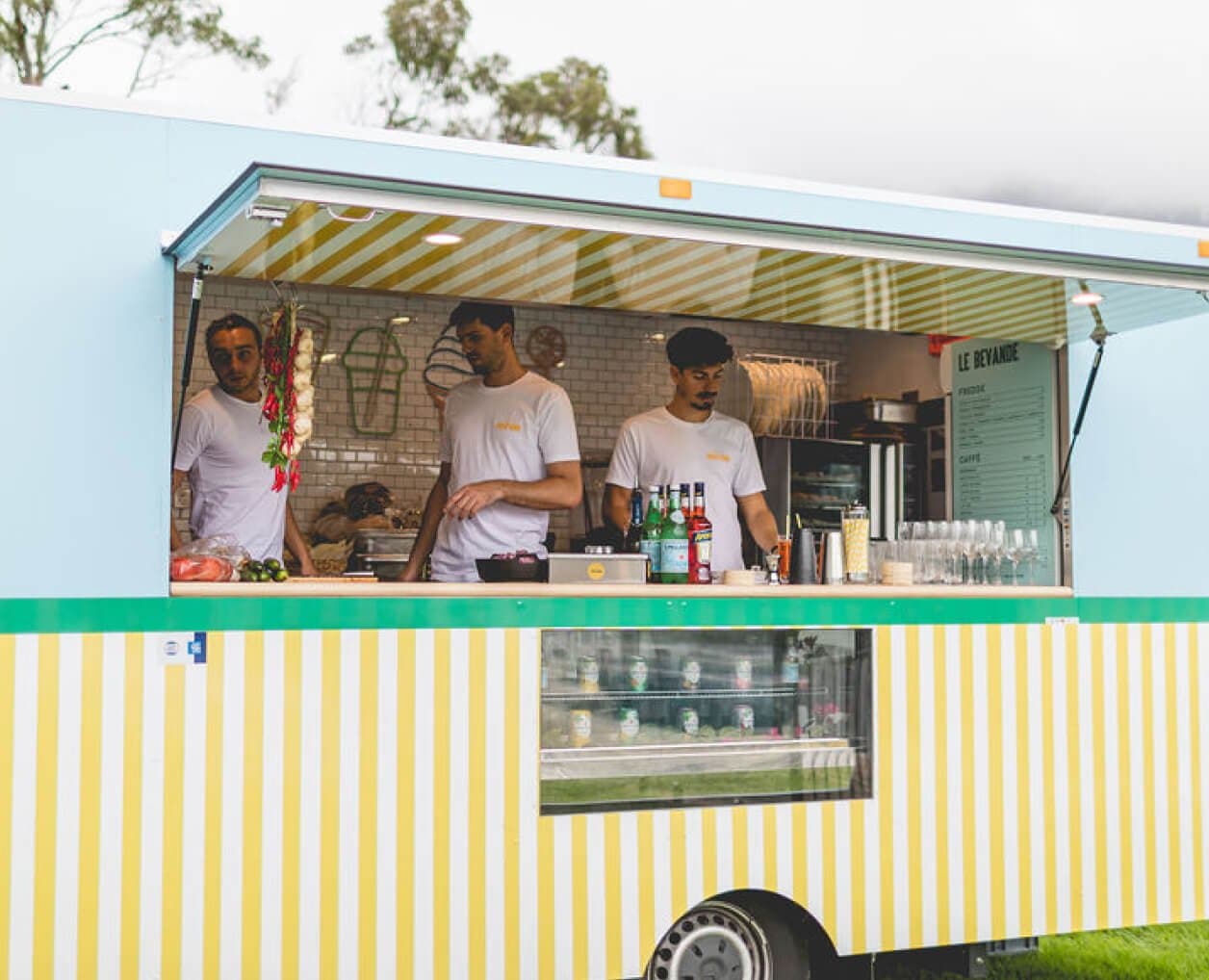
- Business Growth & Optimisation
How to Start a Food Truck Business in Australia
The local food industry has seen remarkable growth, with food trucks becoming a vibrant part of the culinary landscape. Over 5,000 food trucks are operating across Australia, and this number continues to rise. But why choose a food truck over opening a traditional brick-and-mortar restaurant?
In today’s economy, the answer is simple: affordability. For aspiring entrepreneurs, a food truck offers an exciting, cost-effective way to open a hospitality business, without the heavy financial burden of a full-scale restaurant. In an era of minimalism and innovation, food trucks perfectly align with modern trends — compact spaces, thoughtfully curated menus, and a chance to build a loyal fan base. If you're ready to embark on this exciting venture, here are a few considerations before launching your own food truck business in Australia.
Do thorough research.
Firstly, what is a food truck? A food truck is a large vehicle from which food can be made and sold. The classic ice cream van has evolved into a culinary experience on wheels.
Food truck culture is thriving in Australia, but with popularity comes competition. Whether you're thinking of opening a taco truck or serving cheesecake on a stick, chances are your idea may already exist. This works to your advantage — there’s a proven demand for street food. The key is serving your diners in a way that sets you apart.
Understand the market and your potential customer base, explore the latest food trends in your area “Food trucks near me”, and identify a niche that resonates with your passion — vegan fare, fusion cuisine, or artisanal desserts. Gauge the competition and customer preference. This research will help you craft a unique and appealing concept to customers. Once you sort your offering, you also need to think about other aspects of the business — truck, suppliers, vendors, and cost.
Building your food truck business plan.
Factor in a killer menu, target market, raw costs for food and suppliers, permits, and marketing to create a business plan — you can also follow our business plan template here. This plan guides your operations and demonstrates a clear vision to investors or banks when you apply for a business loan or financing.
Include elements like an executive summary, market valuation, goals and objectives, risk assessments and financial projections (for at least two to three years), compliance and legal requirements. The more detail you include, the safer your plan will be. You can also add ideas for menus, or design considerations for your food truck’s interior.
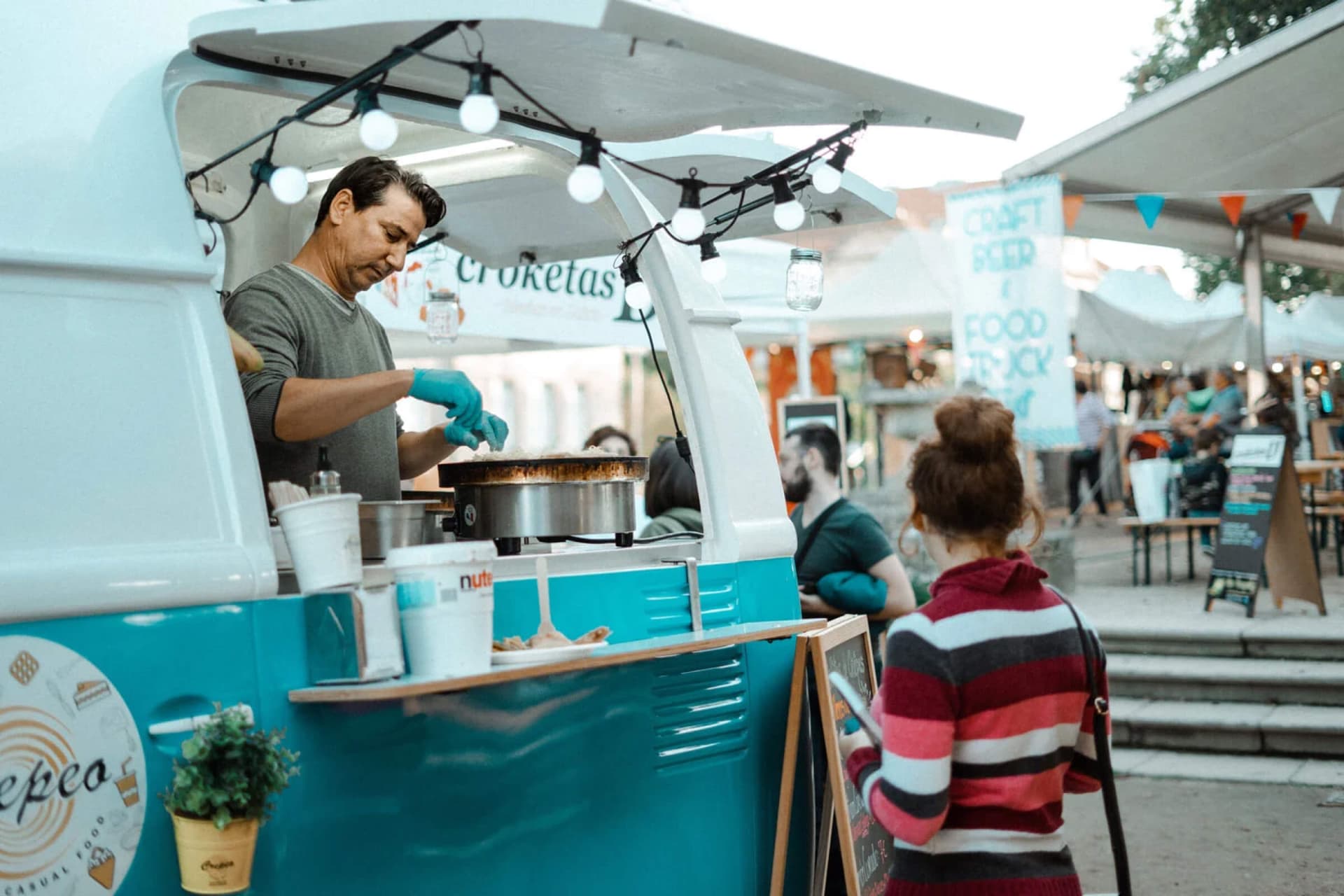
Applying for licences and permits.
The licences and permits required to run a food truck in Australia can be complex, so it’s important to understand what you need before embarking on your venture. Permits may be required for parking, while health and food conduct certifications are necessary to ensure your food truck is operating legally. These requirements may vary in different state or local governments, so be sure to check both.
You also need to consider business registration requirements such as securing your ABN, truck safety regulations, vendor licences, and insurance amongst other things. Getting in touch with your local council is also a good idea, to help you stay up to date with any changing regulations in your area.
Purchasing or renting a food truck.
Now that your business plan is ready, and you have a grasp of all the rules and regulations — it's time to purchase or rent a food truck.
Both options come with advantages and challenges, and there is no right or wrong answer. It all comes down to your financial situation, long-term goals, and business strategy. If your budget allows, buying a food truck offers you complete ownership, and the freedom to modify the interior, kitchen and layout to suit your business aspirations.
However, if your budget doesn't allow for this type of investment, renting a food truck allows you the flexibility to start your business journey without as significant a financial commitment. You can still focus on the quality of service and delivering an amazing and unique food experience. Renting can provide you greater financial flexibility to spend on the necessities, such as equipment and marketing — both of which are critical when you’re stepping into a competitive market.
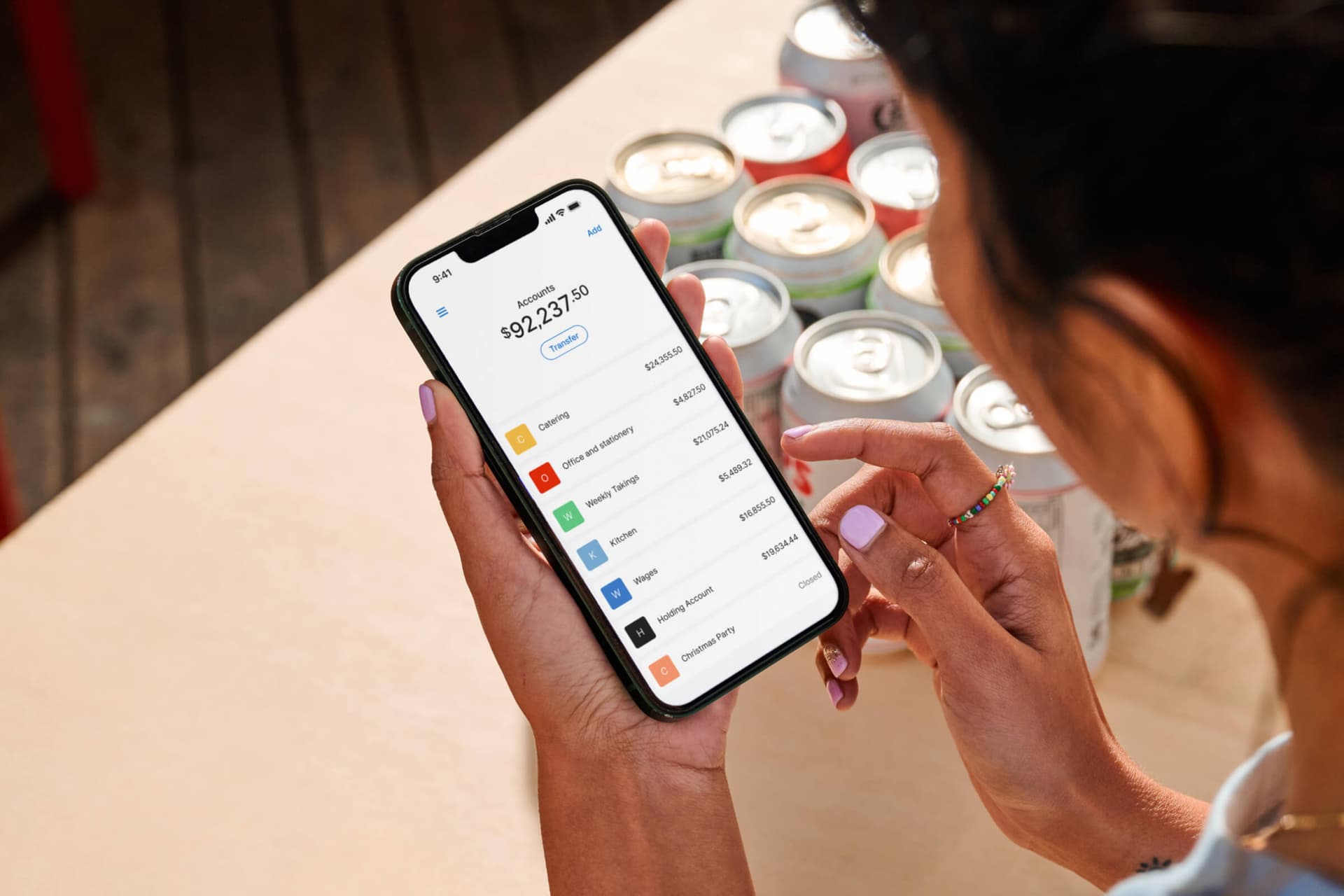
Building your food truck brand.
Your food truck is a mobile reflection of your brand. Its design, colours, fonts and overall aesthetic embody your business identity and help to build a connection with your target audience. Whether it’s a taco truck or a dessert stand, your food truck’s look should align with the type of food you offer, and create a cohesive experience for your diners. Ensure that your branding is reflected consistently across your social media, website, menu, receipts, and the truck itself too.
Location is just as important as design. Parking in highly trafficked locations like events, street festivals, markets, or busy CBD locations (surrounded by offices) will help you capture the attention of new diners, and establish your brand. Finding the right location is also a branding and marketing strategy, as it will allow you to align yourself with your target demographic. Rotating between popular locations and promoting your next “stop-off” on social media can also help to drive demand.
Choosing your point-of-sale and payments.
Running a food truck also requires a mobile POS (point-of-sale) and payments system that adapts to a small, fast-paced footprint. That's where Zeller comes in — offering an all-in-one payments and POS terminal that enables you to build a menu, add modifiers, customise orders, and accept payments from a handheld device.
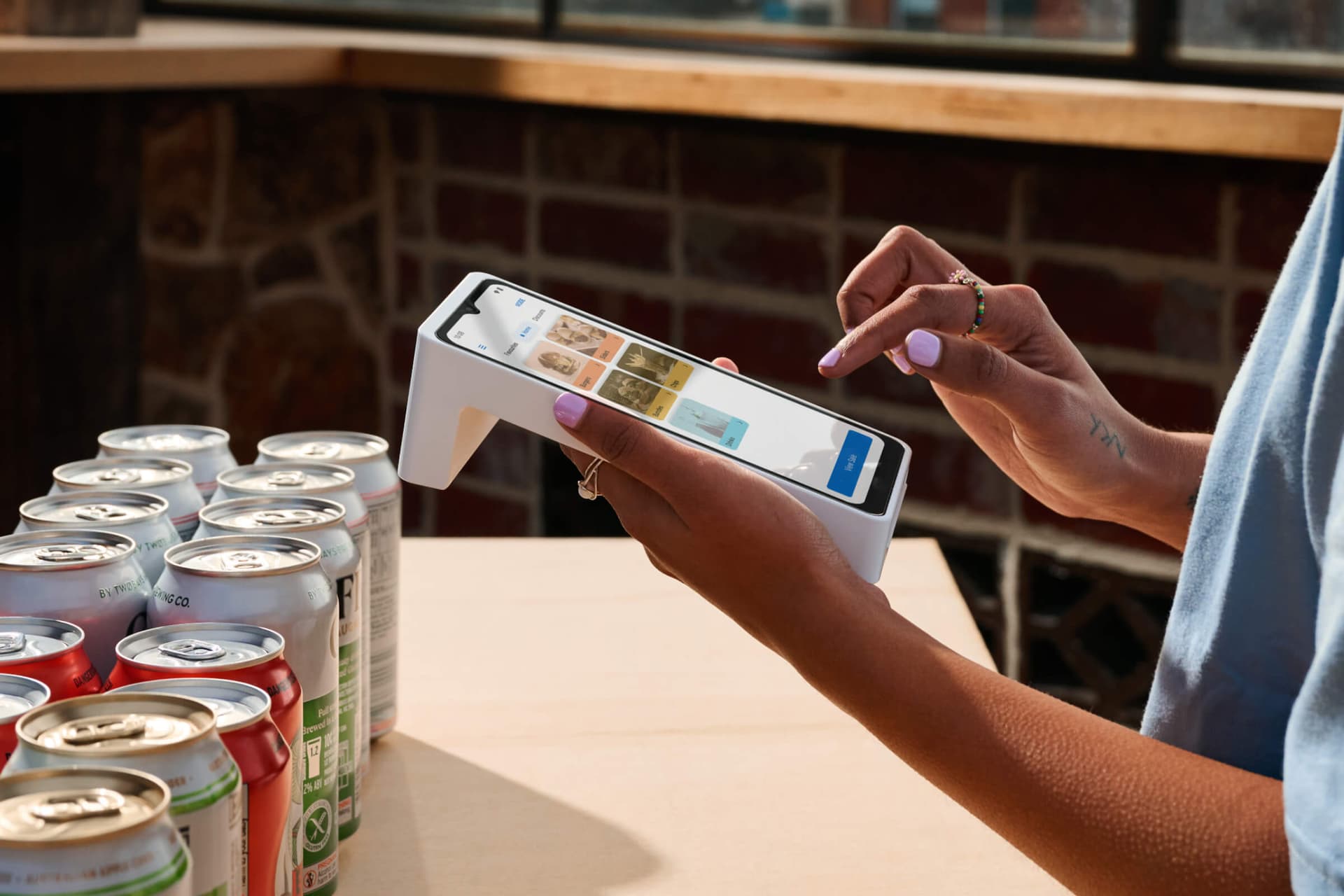
Ready to learn how Zeller can help your food truck business? Speak to our local team today to help you get set up with Zeller Terminal, at the best possible price.


